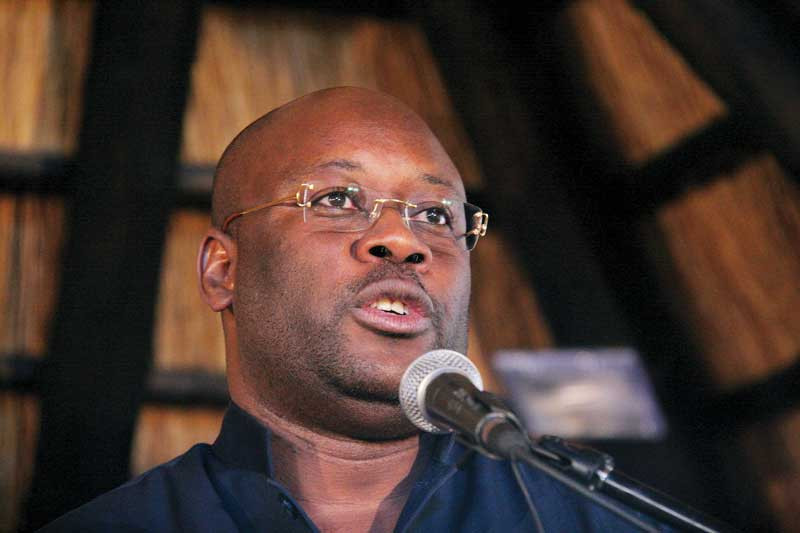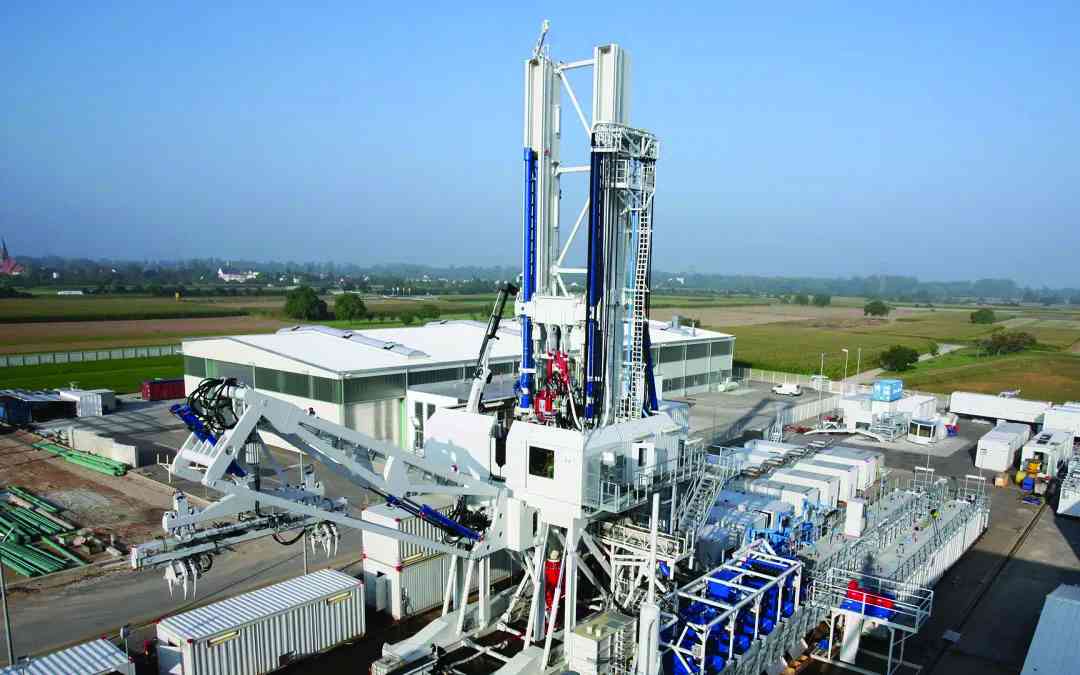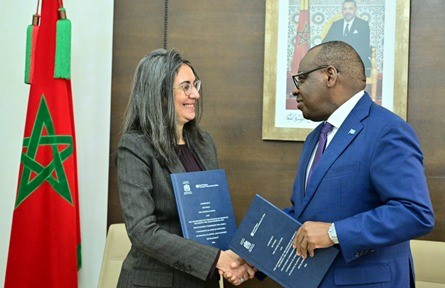
THE region’s leading resource campaigners have thrown their weight behind Zimbabwe’s move to hike royalties for two key minerals, saying the country must benefit from its mineral resource base.
Starting January 1, 2023, government increased platinum group metals (PGMs) royalties by 180 percentage points to 7%, from 2,3% previously, while those for lithium — Zimbabwe’s new find — rocketed by 150 percentage points to 5% from 2%, previously.
Market reactions have been varied.
But the loudest voices came from those warning Zimbabwe of an investor backlash due to high costs.
Royalty rate hikes were among several policy changes effected in the past year to improve the industry’s contribution to Zimbabwe’s taxes.
Government also announced regulations allowing authorities to collect part of royalties in minerals.
In December, the Mines ministry banned raw lithium exports to bolster the country’s beneficiation campaign.
Southern Africa Resource Watch (SARW) programmes manager Darlington Muyambwa told NewsDay Business that it was important to note that Zimbabwe’s PGMs royalties were low.
- Mines propose fresh power import deal
- Motorist robbed while relieving self
- RBZ shifts blame to companies
- Forex retention policies ruin mines
Keep Reading
However, mining industry captains have also been complaining that Zimbabwe’s PGMs royalties have not been conducive for investment.
“In Zimbabwe, like most countries, royalties were quite low for platinum,” Muyambwa told NewsDay Business.
“They were paying a lower rate and companies would enjoy a larger portion of the profits. When royalties are increased, there is an obvious and expected concern from companies, but we should also be mindful of the need for government to collect as much revenue as possible for it to steer the much-needed development.”
Muyambwa said fairly priced royalties were key to government revenue collections.
Zimbabwe has placed the mining industry at the heart of its long-expected economic recovery plans.
A campaign to drive mining revenue to US$12 billion from US$2 billion by the end of this year kicked off in 2019.
In December, the Chamber of Mines of Zimbabwe said following a string of global shocks, revenues would come through at US$7 billion.
But there has been a significant rise in mineral revenues, which were expected to reach US$6 billion last year.
“We don't see an immediate knock on investment after the reviews. Lithium is a mineral that has gained prominence recently. It is important in the energy transition. So, lithium and platinum are minerals that already have high demand,” Muyambwa added.
Tax and natural resource governance expert Mukasiri Sibanda said by moving to collect royalties in minerals, the government had created a platform to build reserves and a base for collateral for loans.
“When you get cash the propensity to utilise it quickly becomes higher than keeping an asset which is not as liquid as cash,” Sibanda said.
“You know we have been struggling since 2015 when the Sovereign Wealth Fund Act was enacted to get it moving. But this will create a base for collateral when it comes to debts.”
SARW has for some time insisted that predictability in the fiscal regime was key for the sector.











